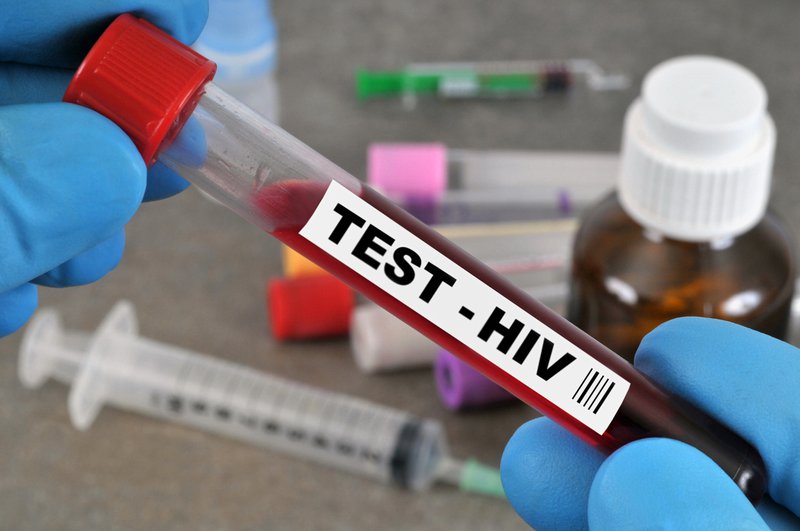Study: HIV prevalence in adolescent girls is sitting at 5.8%
Updated | By Poelano Malema
The South African Health Review 2019 reveals that more teenage girls suffer from HIV than teenage boys. A psychologist based in Gauteng gives her advice on how to live with HIV as a teenager.

HIV is a serious concern in the world.
An Avert report states that South Africa has the biggest HIV epidemic in the world, with 7.1-million people living with HIV.
Although the government has come up with methods to combat the disease, the fight is far from over.
The South African Health Review 2019 revealed that HIV prevalence in adolescent girls is sitting at 5.8%, compared with 4.8% in adolescent boys.
READ: HIV infections among KZN youth still a concern for government
“With regard to viral load suspension, less than 50% of HIV adolescents and young people aged 15-24 are virally suppressed, presenting a serious challenge to improving health and wellbeing of adolescents living with HIV,” states the report.
It also revealed that clinics are not implementing adolescent youth-friendly services. “Given their dissatisfaction, adolescents say they would not recommend the clinics they attended to their peers,” states the report.
In order to help affected teenagers to better cope with HIV, Shafe'ah Orrie Ebrahim, a Psychologist based in Gauteng, says the first thing teenagers need to do is accept their condition.
“There needs to be acceptance," says Ebrahim, who adds that in order to get acceptance, it is important for the teens to "have a better understanding of what is HIV."
"It does not necessarily mean that it is a death sentence," she says.
“I think that’s the biggest thing for teenagers especially at their age group is to know that there is still hope and that the diagnoses of HIV isn’t a death sentence."
Support is crucial for anyone suffering from the virus.
Ebrahim says teenagers need to know that "there is hope. Once you tackle the issue of hope, you start addressing things like what support systems are there. Is there a support system in place? If there isn't, what can we do to help?"
She adds that parents and society also need to give the teenagers "the opportunity and space, a safe space where they can express what they are feeling."
She says there are ways to manage the virus and it is crucial to take proper care of oneself and take medication.
“There are ways to manage it. There are ways to live with it, there are ways to live a fulfilling life and to still accomplish in life,” says Ebrahim.
According to Avert.org, those who are diagnosed with HIV should take antiretroviral treatment, exercise, eat healthily, avoid excessive alcohol or drug use, manage stress, and get support.
READ: The South African celebrities who are living with HIV
Image courtesy of iStock/ Richard Villalonundefined undefined
Show's Stories
-
R20,000 Cognac order: The wildest food deliveries
From a whole lot of fried chicken to expensive cognac, here are some of ...
Stacey & J Sbu 1 day, 19 hours ago -
Update: Rocky the seal is one strong pup!
Do you remember the adorable seal who washed up on Rocky Bay Beach last ...
Stacey & J Sbu 1 day, 20 hours ago